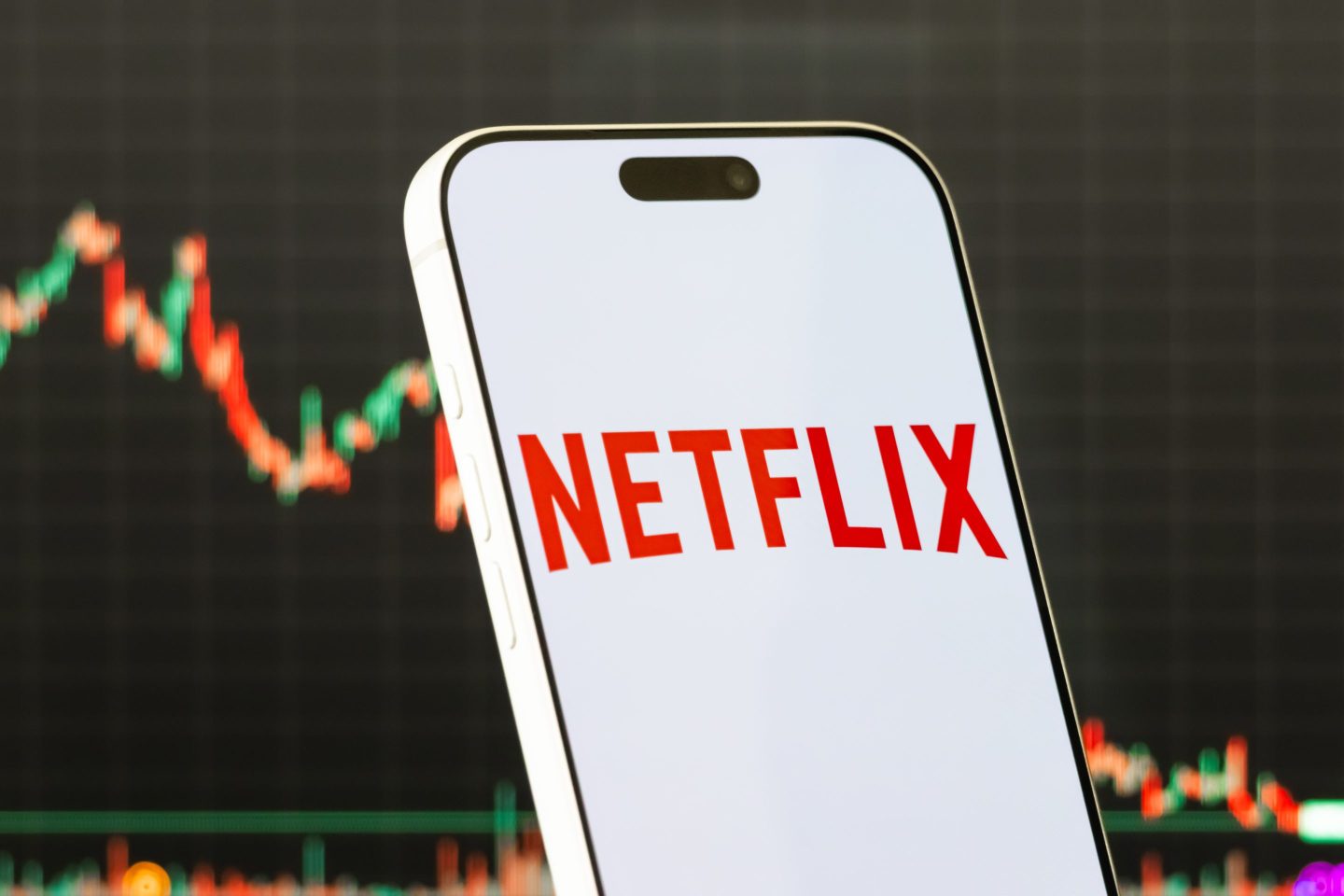FORTUNE — Yesterday afternoon a federal appeals court issued a split-the-baby ruling ending the colorful grudge match between Apple (AAPL) and a federal district judge over the powers of an antitrust monitor she had appointed to oversee the company’s conduct.
The ambiguous ruling gave each side plausible grounds to claim victory — or at least to save face — with the court permitting the monitor to resume his functions while seeming also to clip his wings a bit.
A spokesman for the government — which had asked for the monitor and defended his actions — said it was “pleased with the court’s decision,” while Apple and the monitor himself, former inspector general of the Justice Department Michael Bromwich, declined comment.
MORE: Icahn drops Apple buyback campaign
U.S. District Judge Denise Cote of Manhattan decided to impose the monitorship last September, after having ruled over the summer that the company engaged in an illegal price-fixing conspiracy when it entered the e-books market with its launch of its iBook store in 2010. She stressed that the companies’ highest officials and lawyers had participated in the conspiracy, and expressed her belief in her written ruling that at least three Apple officials had lied in their testimony before her.
The terms of her order seemed to contemplate a narrow role for the monitor: He was merely to assess the adequacy of antitrust compliance and training programs that Judge Cote was simultaneously ordering Apple to devise and implement.
Evidently judging that it could live with such a monitor, Apple initially failed to seek a stay when it appealed all of Judge Cote’s antitrust findings and orders in October.
But later that month, when monitor Bromwich began his work, he began seeking interviews with Apple’s entire executive team and its entire board of directors. The breadth of these inquiries shocked Apple, since few of these officials had any direct involvement with antitrust compliance issues.
MORE: Google worth more than Exxon. Apple next?
In defending the monitor’s far-reaching requests after Apple challenged them, Judge Cote explained in a ruling last month that the monitor was not simply supposed to assess the adequacy of the compliance program “in the abstract,” but also whether it would be adequate “for Apple,” given her view that Apple’s culture was peculiarly recalcitrant and indifferent to the antitrust laws. Accordingly, both she and Bromwich — with whom she had discussed the monitorship while interviewing him for the job — believed that a permissible part of his job was to scope out Apple’s “tone” and “culture.” Thus, as Bromwich told astonished Apple representatives at one point, he wanted to “crawl inside [the] company.”
Apple raised crescendo’ing objections to Bromwich’s intrusions which culminated in claims that the monitorship, as interpreted, exceeded Judge Cote’s powers under the Federal Rules of Civil Procedure and, indeed, violated principles of separation of powers enshrined in the Constitution. In December Apple moved to stay Bromwich’s activities pending resolution of its appeal.
In yesterday’s ruling a three-judge panel of the U.S. Court of Appeals for the Second Circuit made no specific reference to any of Apple’s laundry list of alleged transgressions. Instead, the judges apparently decided that so long as they clarified the language of Judge Cote’s monitorship order — which had included some broad wording that allowed Bromwich to demand “any document” or interview “any official” at Apple — Apple would at least not face any “irreparable harm” of the sort that would warrant a stay pending appeal.
MORE: Look who Apple is hiring
Accordingly the panel, in a so-called per curiam decision — one that is not signed by any one judge — interpreted Judge Cote’s order to be reined in by certain concessions made by Justice Department appellate attorney Finnuala Tessier during oral argument. It then concluded that Cote’s order “should be interpreted narrowly,” as simply allowing the monitor “to assess the appropriateness of the compliance programs adopted by Apple and the means used to communicate those programs to its personnel.”
The issue of whether the monitor, in the course of performing those tasks, can continue to inquire into Apple’s “tone” and “culture” at the top was not raised at the oral argument on Feb. 6, and it is not addressed explicitly in the panel’s ruling. Yet such an interpretation would appear to cut against the grain of the ruling.
The appeals judges were very lively at the oral argument, with all three participating in the questioning and keeping government lawyer Tessier and Apple attorney Theodore Boutrous, Jr., of Gibson, Dunn & Crutcher, long past their allotted time limits. The panel included U.S. Circuit Judge Gerard Lynch, who is also a Columbia Law School professor; Guido Calabresi, a former Dean of Yale Law School and a towering figure in the field of tort law scholarship; and Pierre Leval, who is noted for scholarship and rulings on the “fair use” doctrine in copyright law and for having presided over the famous, 17-month Pizza Connection mob trial of 1985-87.
Apple’s appeals brief on the merits — arguing that it committed no antitrust violation — is due to be filed on Feb. 25.











